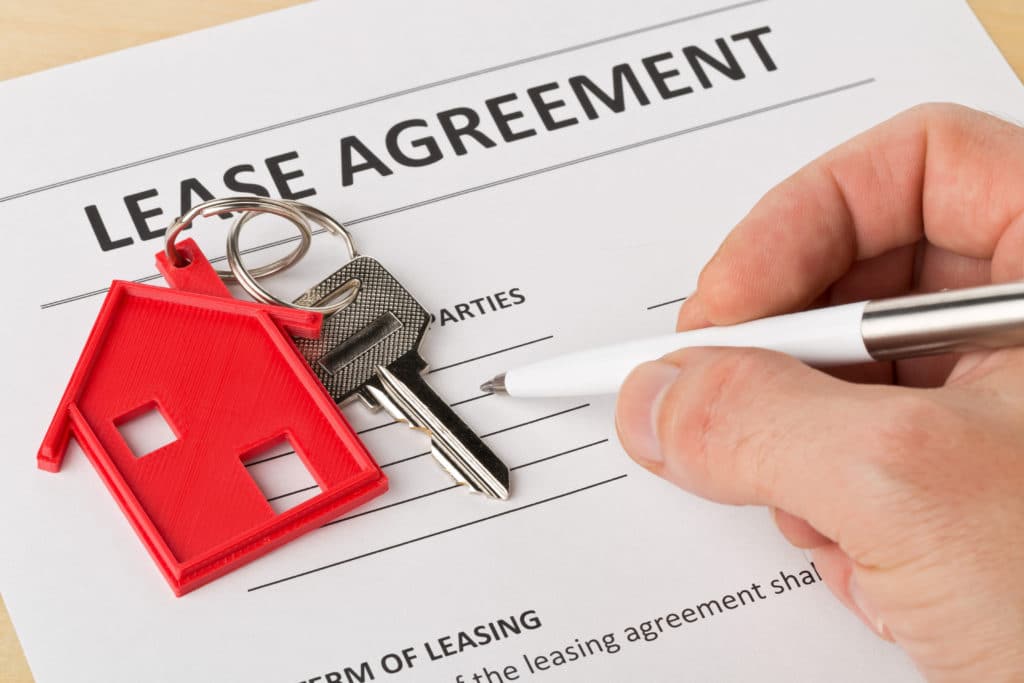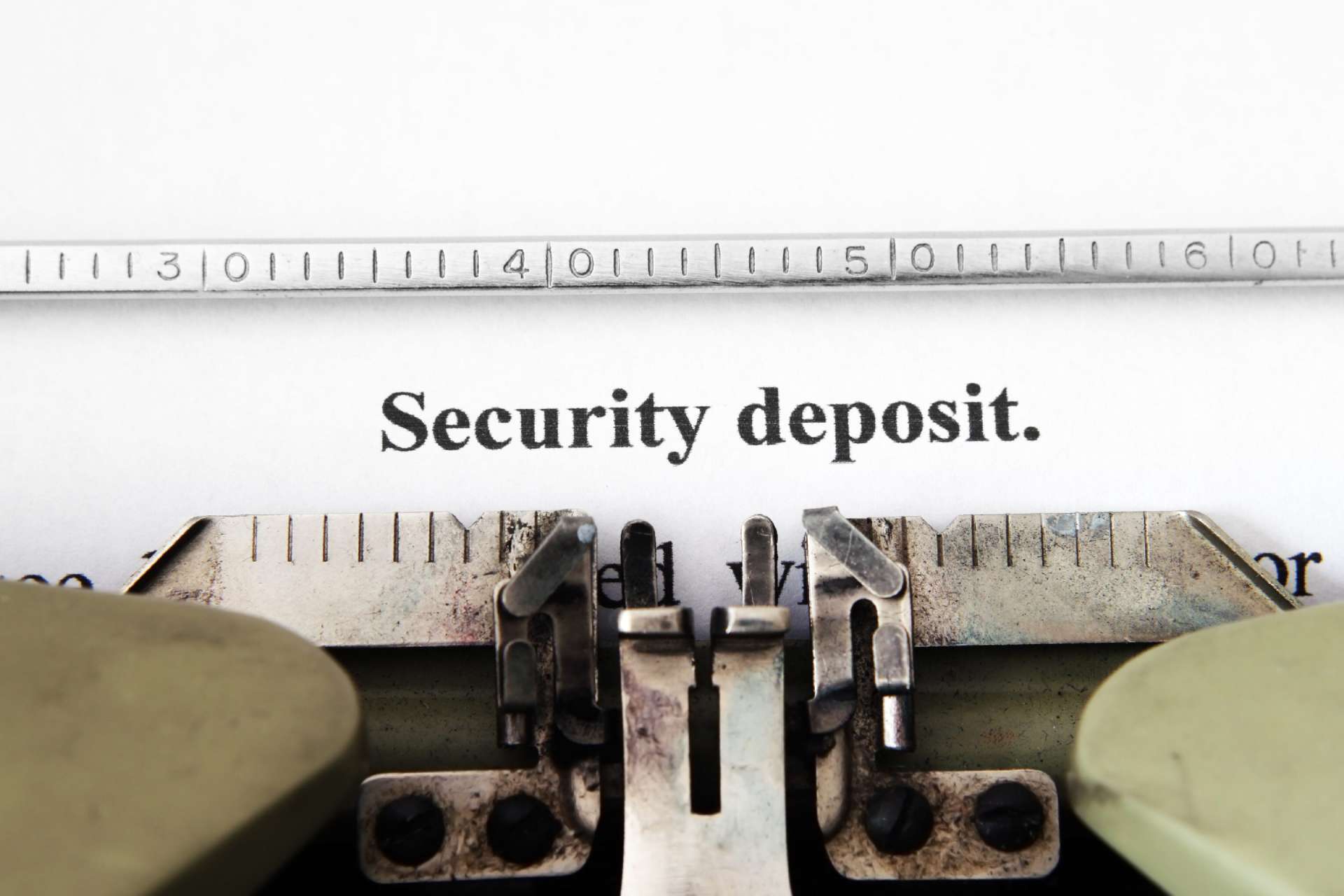What and How Much is a Security Deposit?
A security deposit is a fixed amount of money that you pay upfront (upon lease signing) and it is typically refundable, subject to returning the apartment in the condition you received less normal wear and tear. Typically, this deposit is the equivalent of one month’s rent. In some states, landlords and property managers may be allowed to charge the equivalent of up to two to three months’ rent.
You give this security deposit to your landlord to hold as collateral in case of damages that go well beyond regular wear and tear. These damages may be the result of yourself, other occupants, guests, or even your pets. When these damages occur, your landlord has the right to keep a portion of your deposit and return the rest. In many locales, the landlord also has the right to charge a reasonable amount of overhead for work that is needed to repair/fix the apartment.

Will You Get Your Security Deposit Back?
The good news is a security deposit is completely refundable if nothing goes wrong. The property manager or landlord holds this deposit throughout the duration of your lease. They will not be able to use this security deposit for anything else except damages caused to the apartment or if you otherwise breach the lease, for example, with unpaid rent or move out early.
If there are no damages to the apartment and you have abided by the terms of the lease, you typically get a full refund within 30 days after the apartment has been inspected. In case of some damage, you get a partial refund back. In terms of the exact timing for getting your security deposit back, it is important to check with your local or state regulations, so you can know what to expect.
What Factors are Considered When Calculating a Security Deposit?
Landlords and property managers consider several factors when it comes to calculating the security deposit you need to pay.
- Local state laws and legislations
- Monthly rent costs
- Amenities in the apartment: furnished or unfurnished
- Whether you have a pet (most landlords require a separate pet deposit)
- A security deposit of comparable properties in the area
- Typically, the security deposit is equal to one month’s rent, but again this varies from locale to locale
When to Pay the Security Deposit?

Landlords or property managers typically expect the security deposit to be paid as soon as the rental agreement is signed and before the keys are handed over to the tenant. It usually must be paid by cash or certified funds (cashier check or money order). It is important to make sure you are prepared to pay this deposit and any other applicable fees as soon as the lease is signed.
What Happens If Don’t Get Back?
When you move out, you should give your landlord your forwarding address (i.e. the address of the new place you are moving to), so that the landlord can mail your security deposit back. If you didn’t receive it, simply call and ask where it is. There could be a reasonable explanation for it. Follow up with a letter so that your request is documented in writing.





